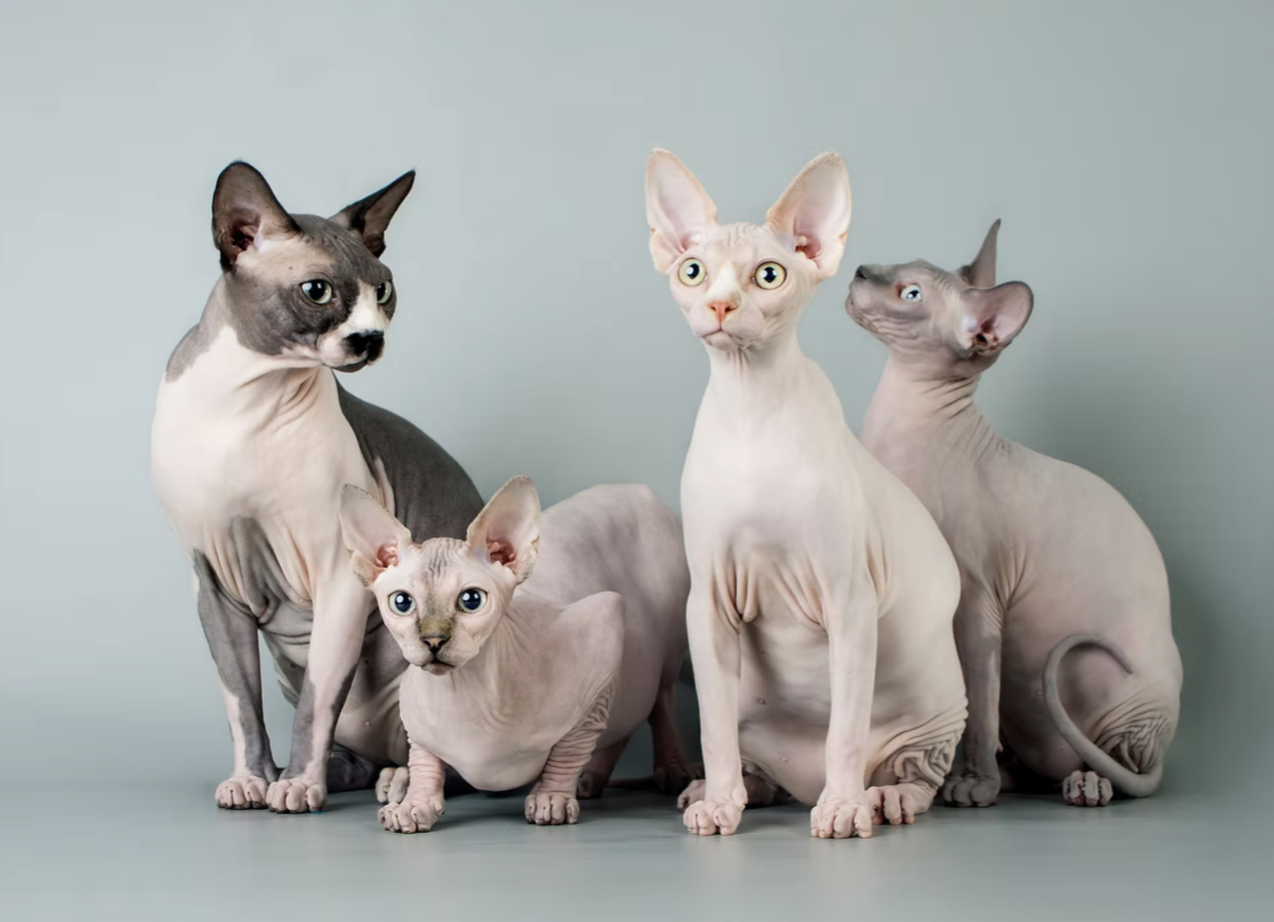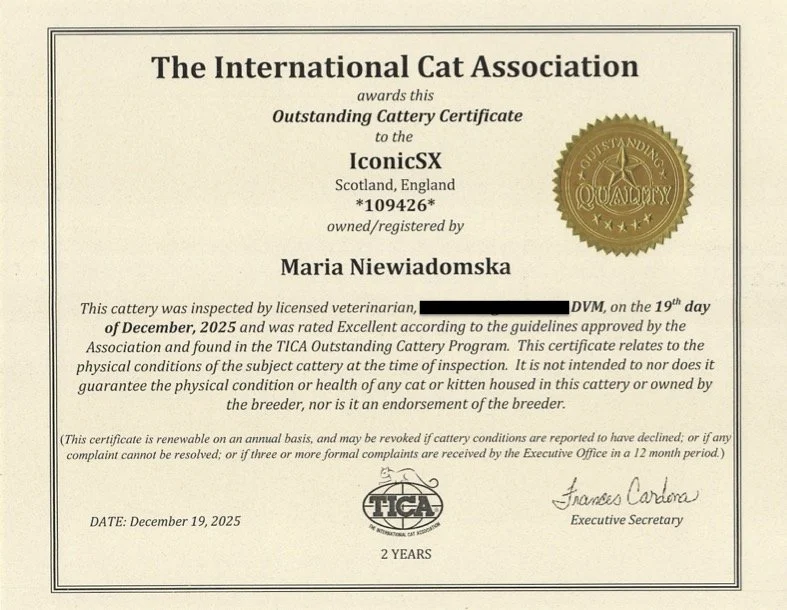
88/88: UK’s Only TICA Outstanding Sphynx Cattery
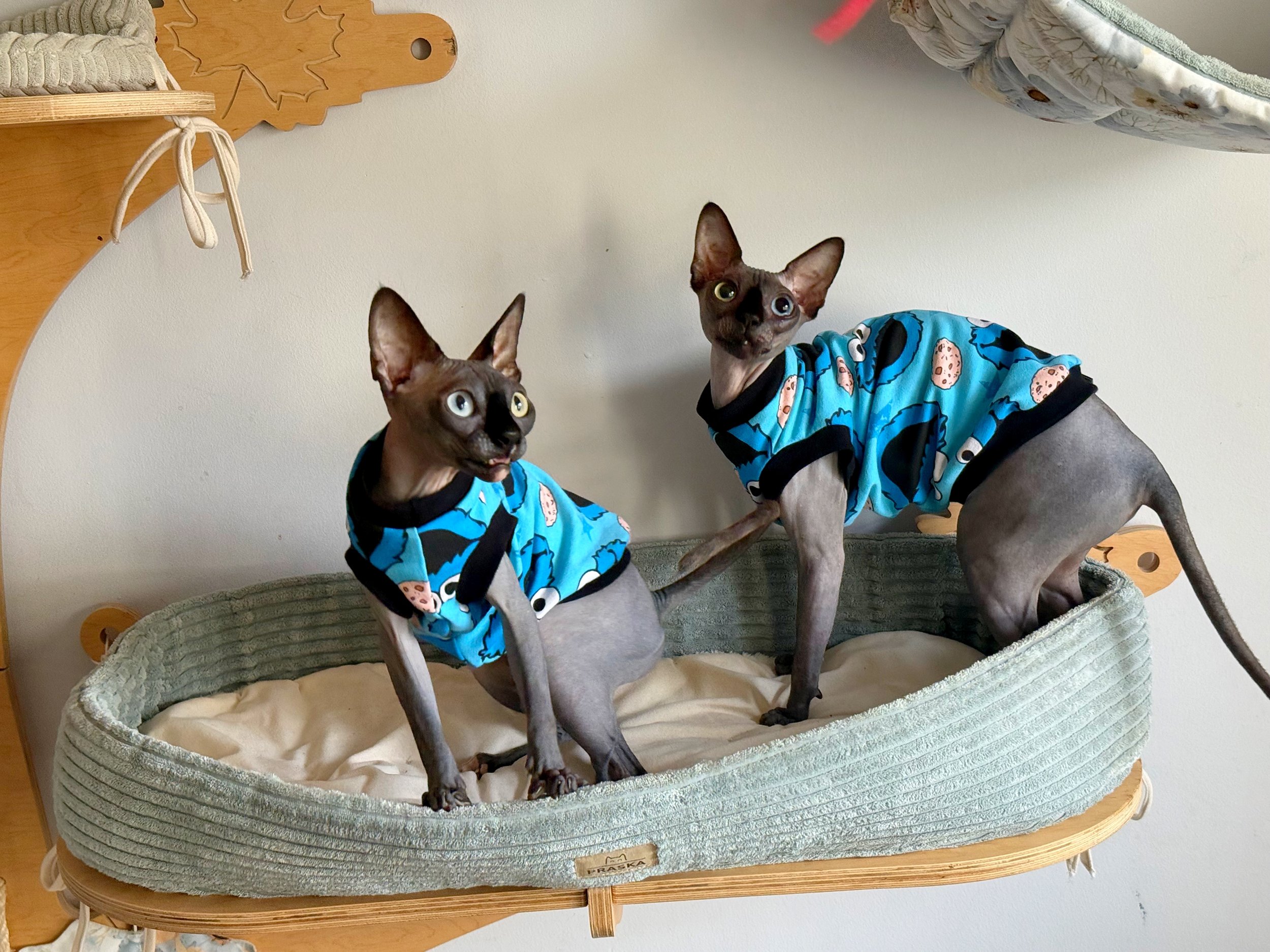
Designer Cats - Have you ever wondered why some cats are labeled as “designer” ?
DBE Odd-Eyed Sphynx cat with striking blue and gold eyes a rare example of natural genetic beauty often mislabeled as a ‘designer’ trait.
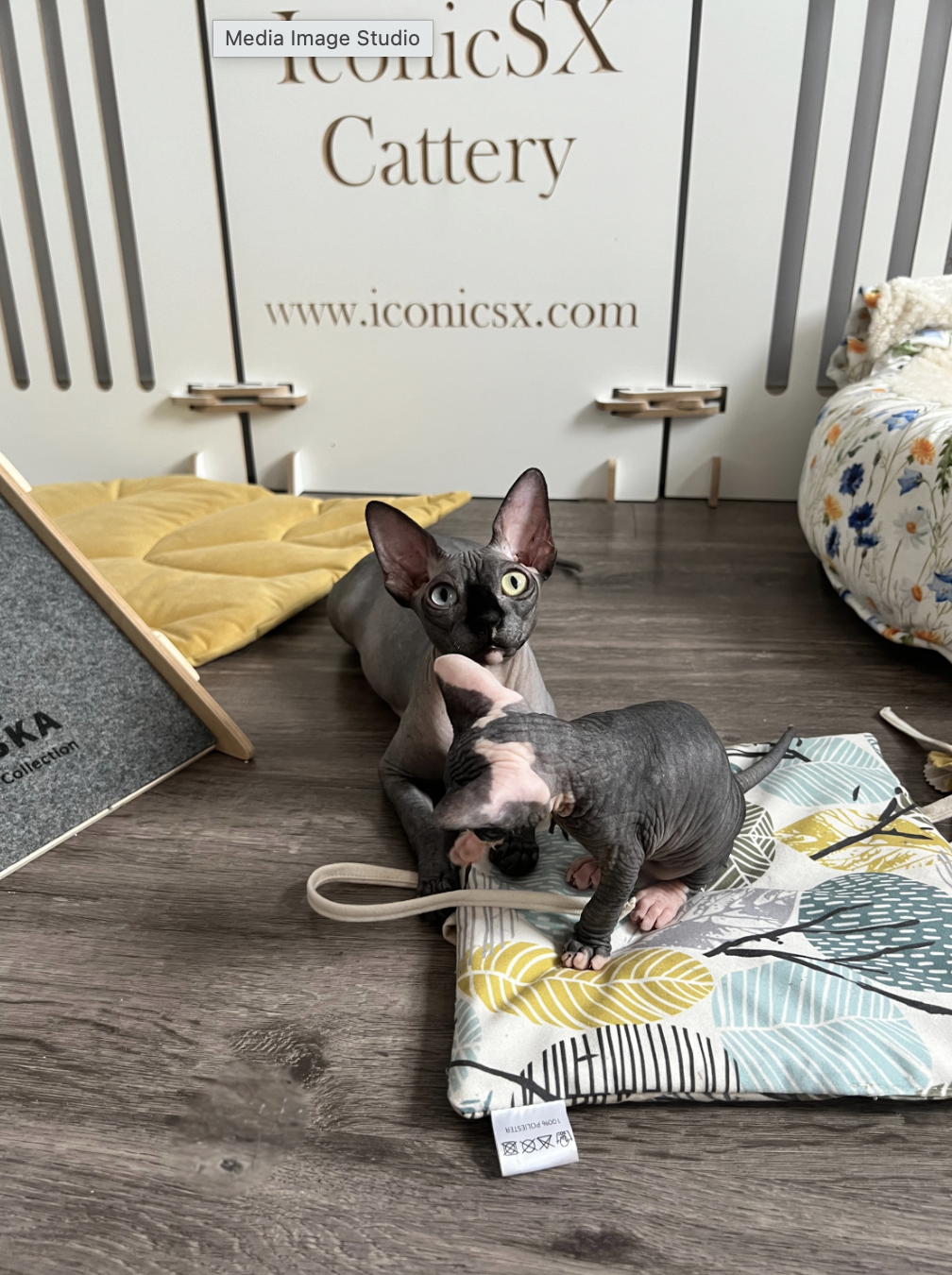
When “Cute” Turns Into Chaos: The Truth Behind Mixed Litters
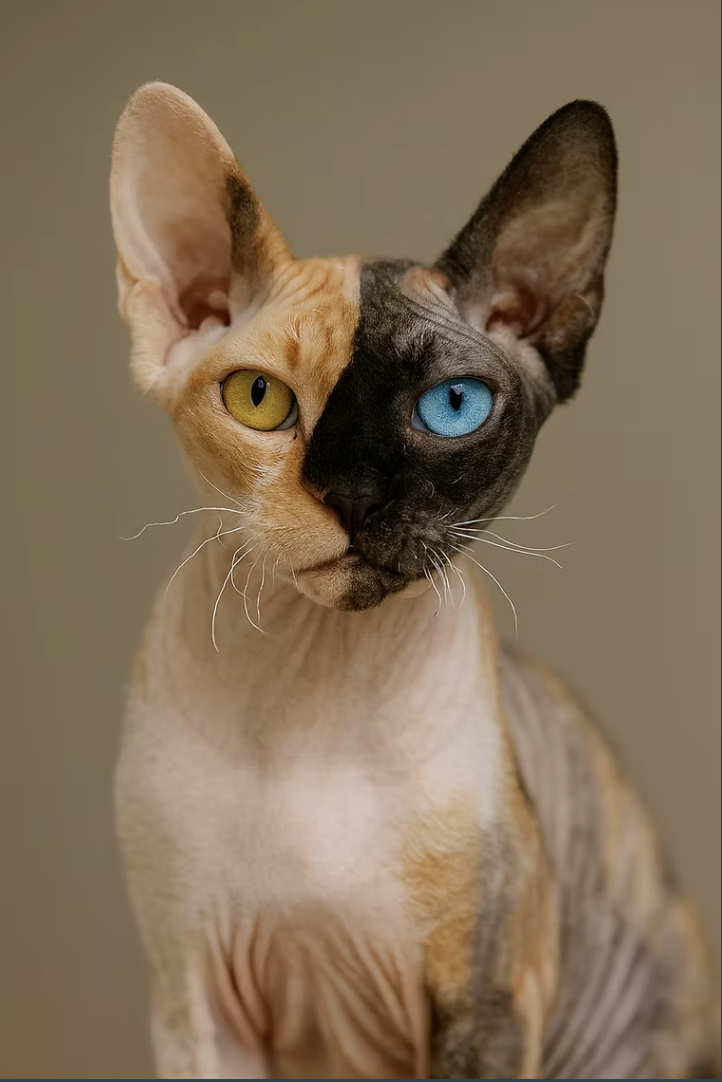
GENES DON’T LIE - Chimera Cat
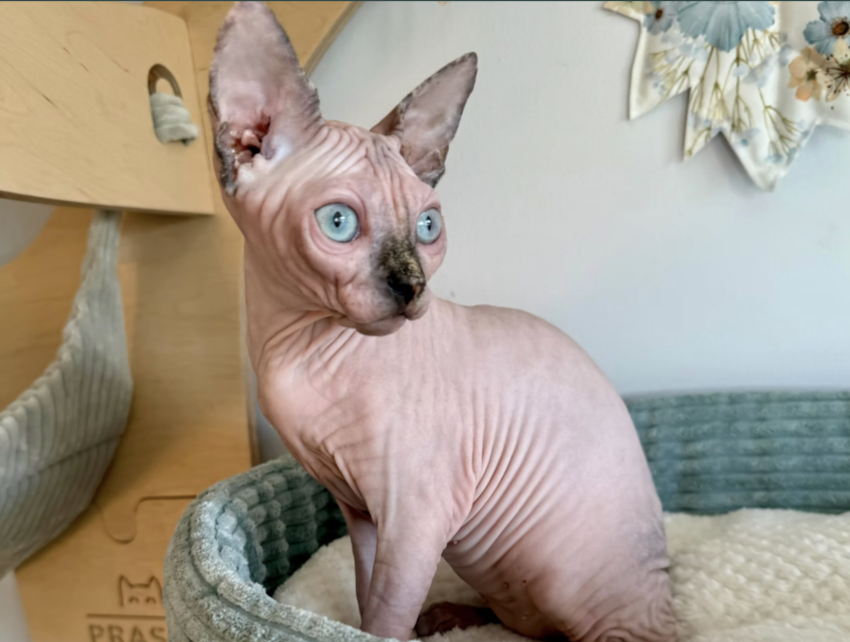
GENES DON’T LIE — Why Almost Every Tortie Cat Is a Girl (and Why Male Torties Are So Rare)
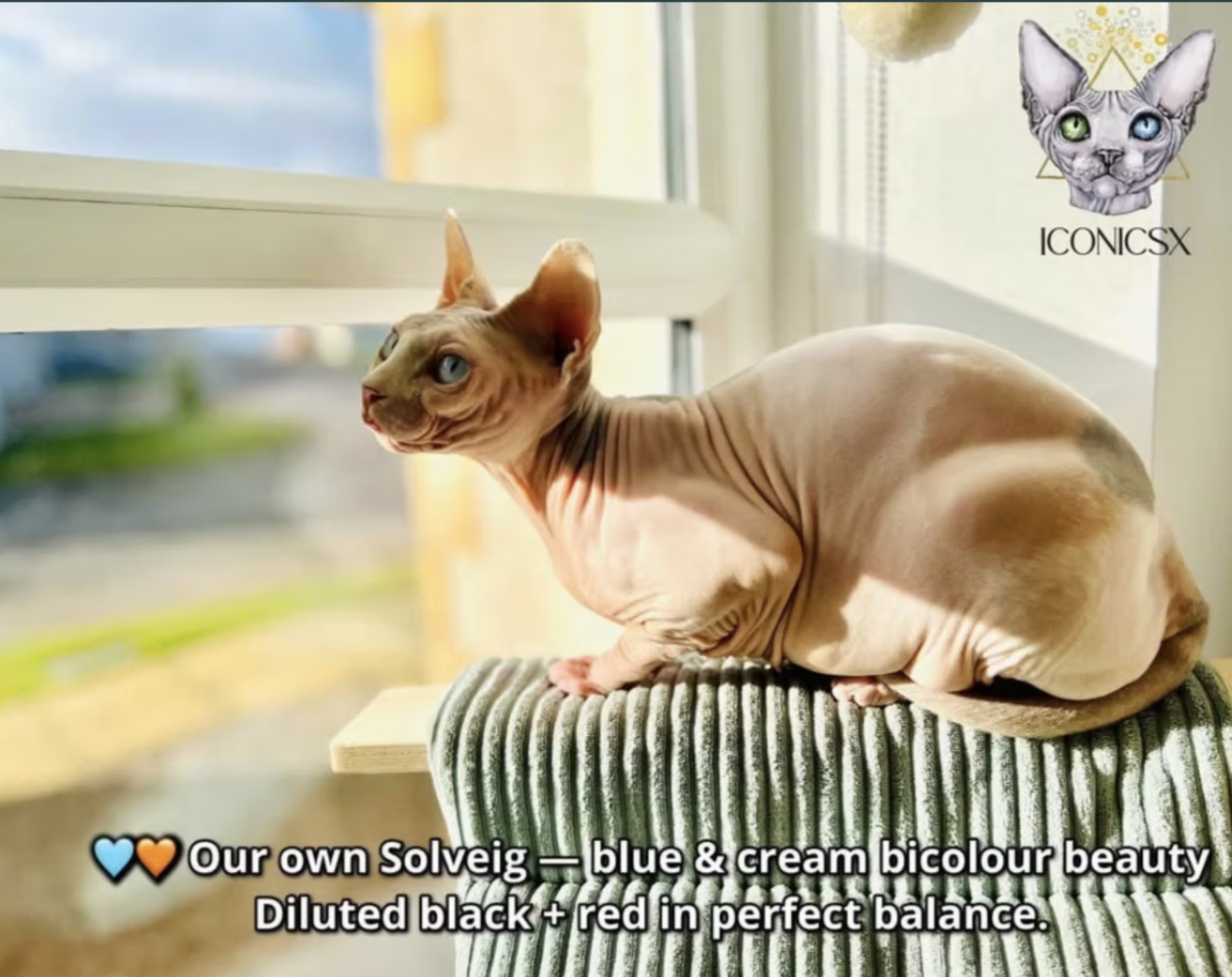
GENES DON’T LIE - Dilution Gene — When Colours Go Soft
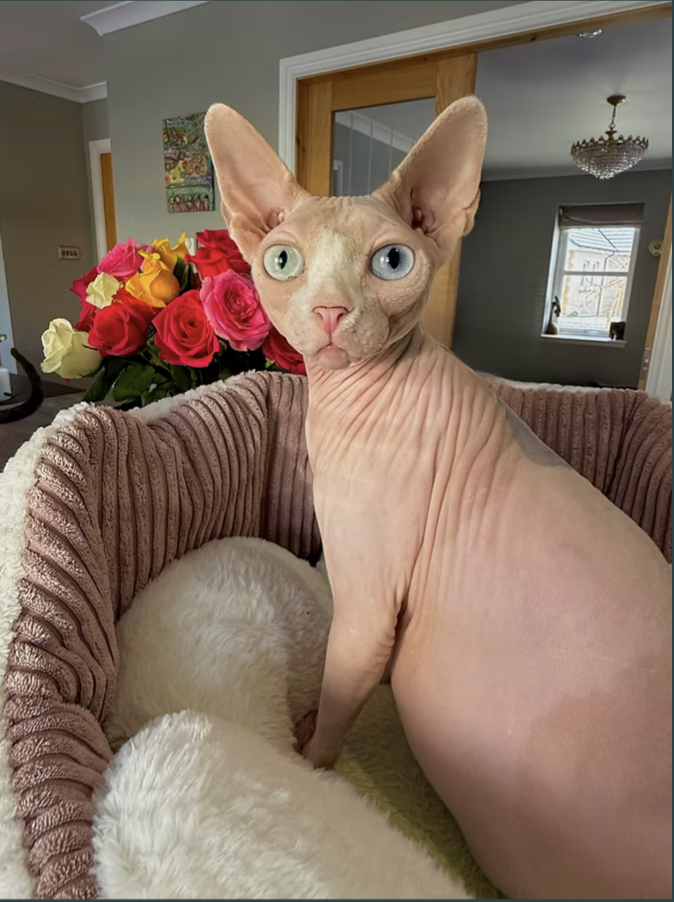
GENES DON’T LIE - White Spotted Gene — How Much White Is Too Much White?
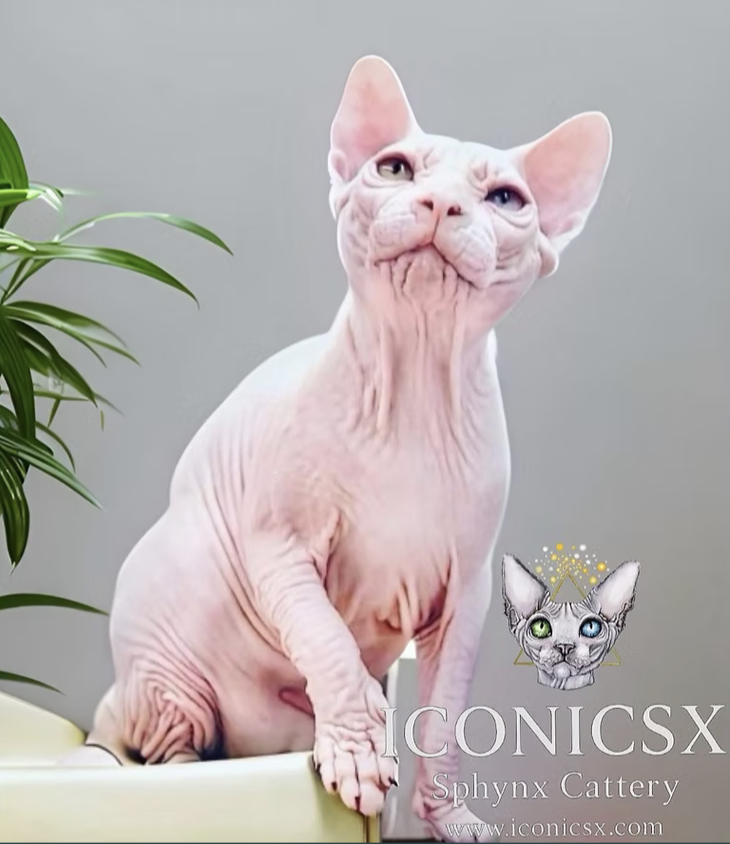
GENES DON’T LIE — White Isn’t Just a Colour.
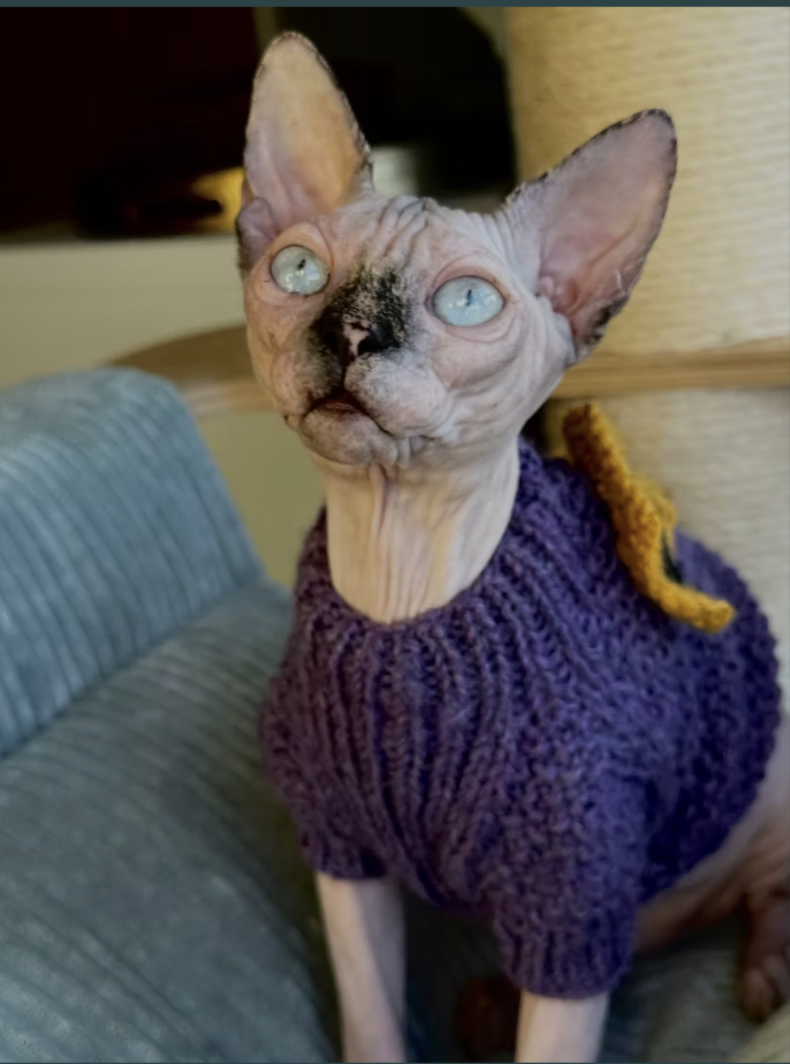
GENES DON’T LIE : Dominant or Recessive Genes? It Makes All the Difference.
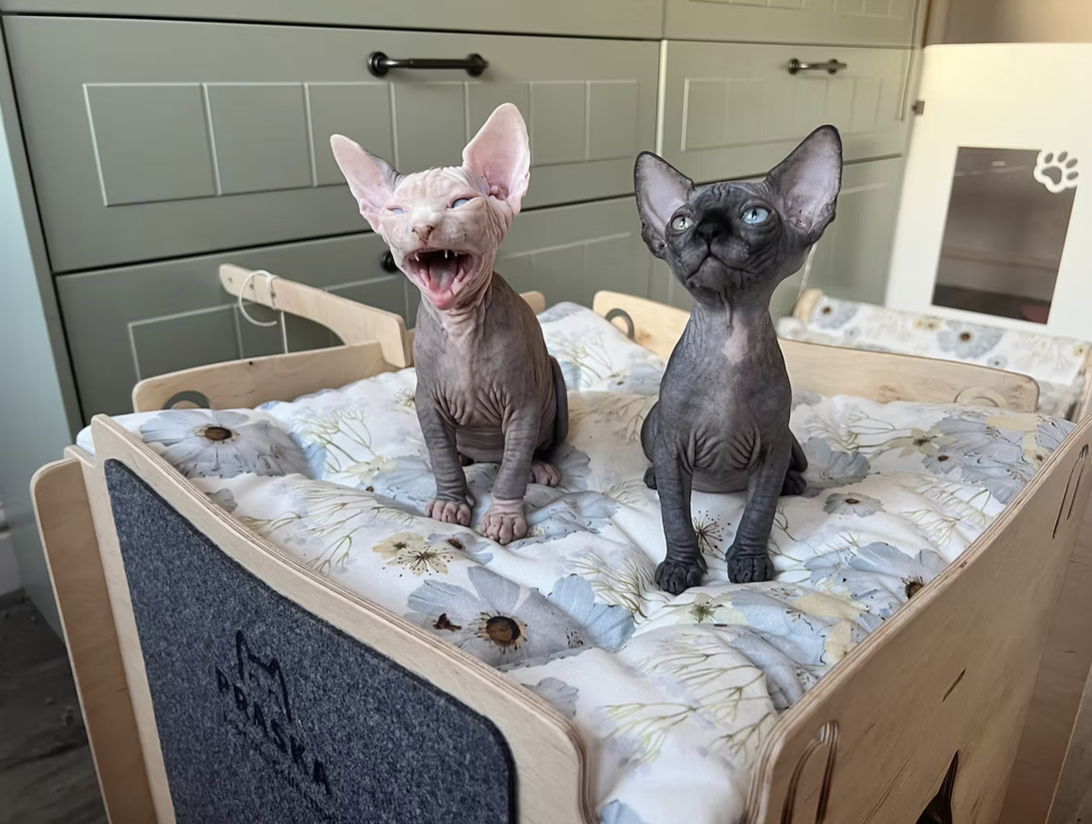
GENES DON’T LIE : Phenotype vs Genotype - What You See vs What They Really Carry
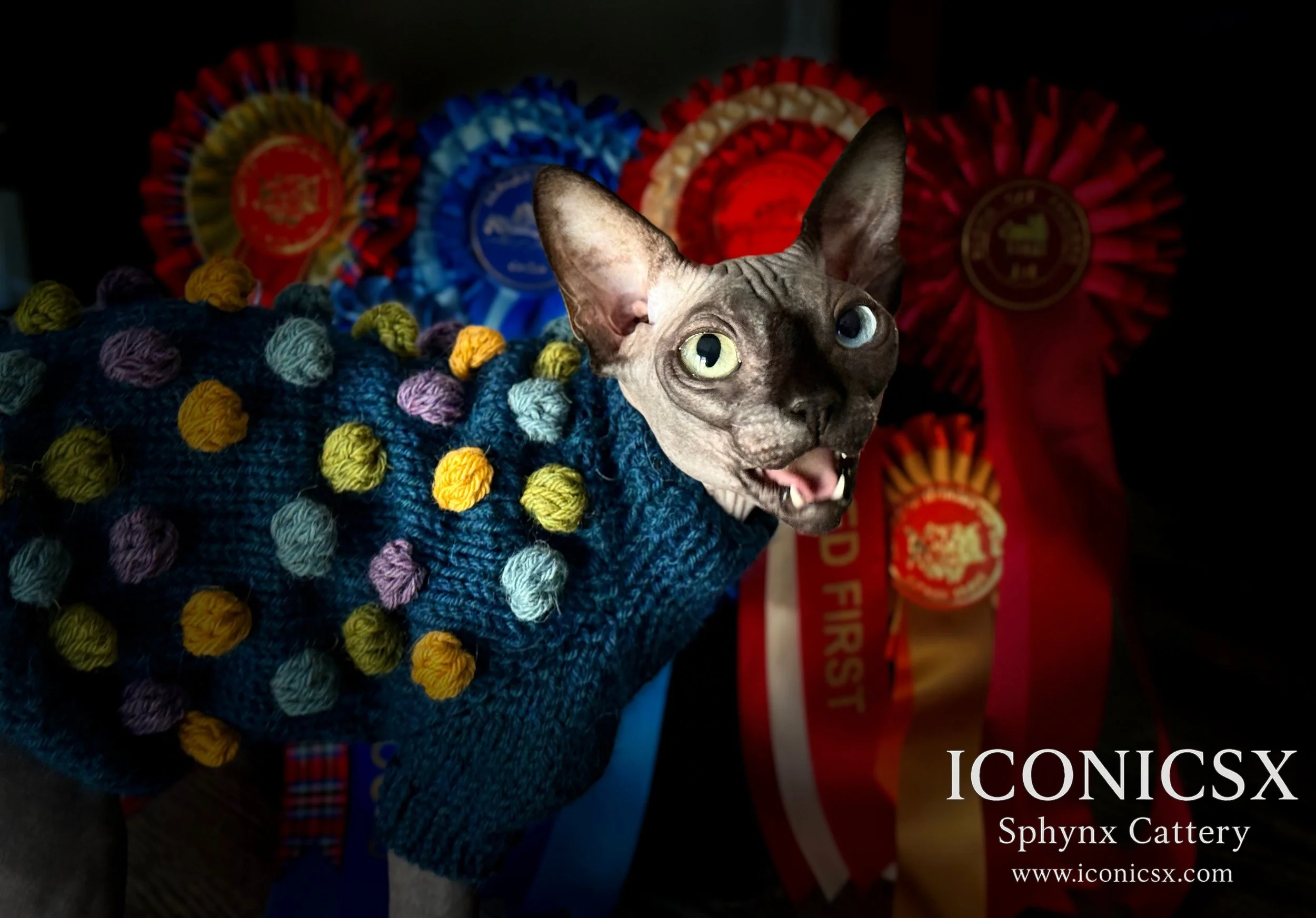
The DBE Celestial Line — From First Litter to Champions
When Policy Meets Science: GCCF New Rules for DBE Breeders
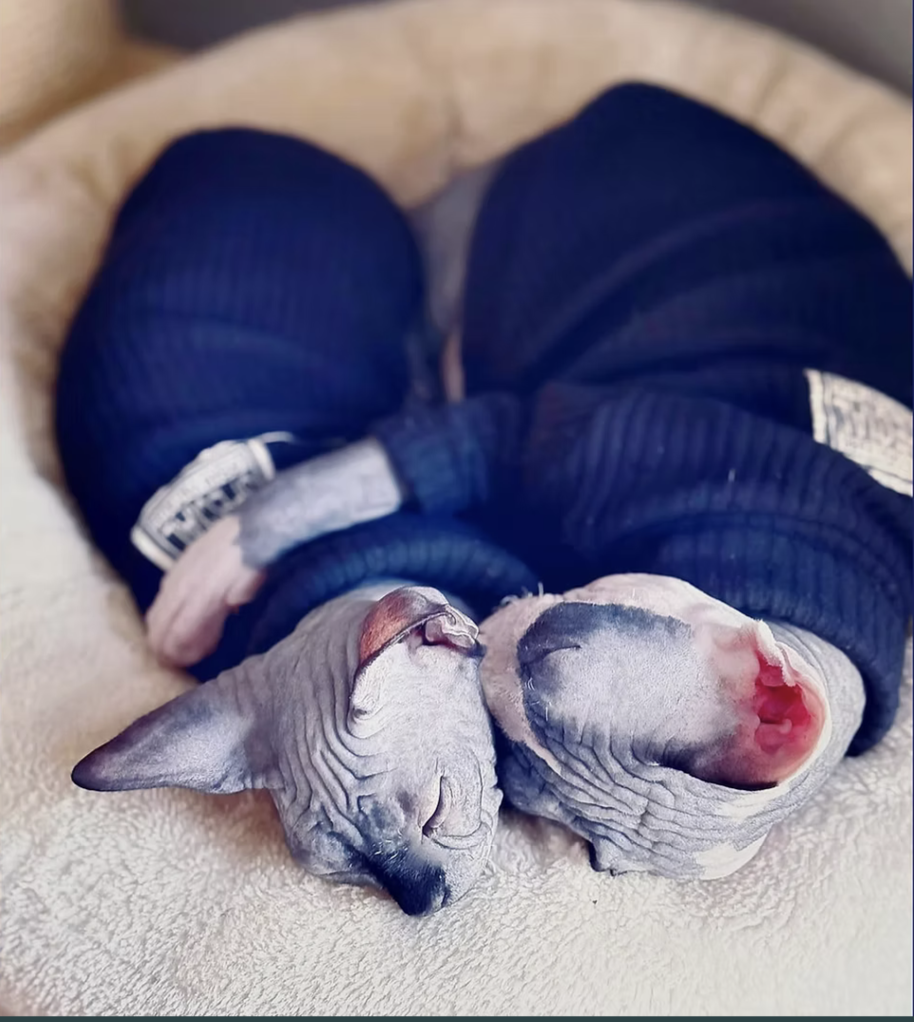
THE CONSCIOUS KITTEN: GROWING RESILIENCE Part 4 — True Kitten Socialisation: What It Is — and What It Is Not
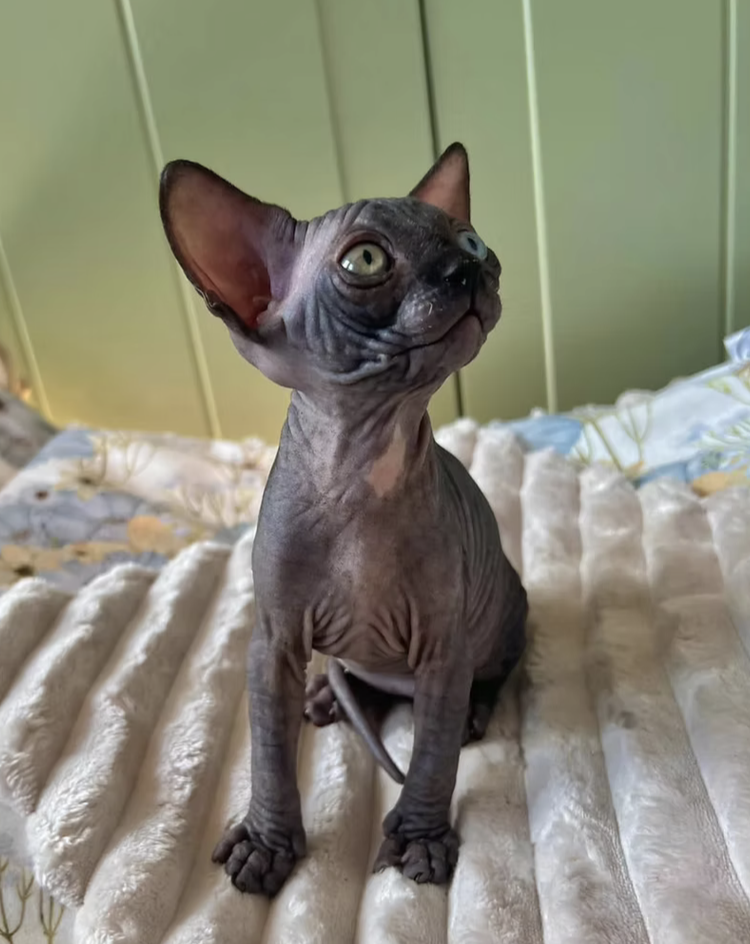
The Conscious Kitten: Growing Resilience Part 3 – Kitten Emotional Regulation.
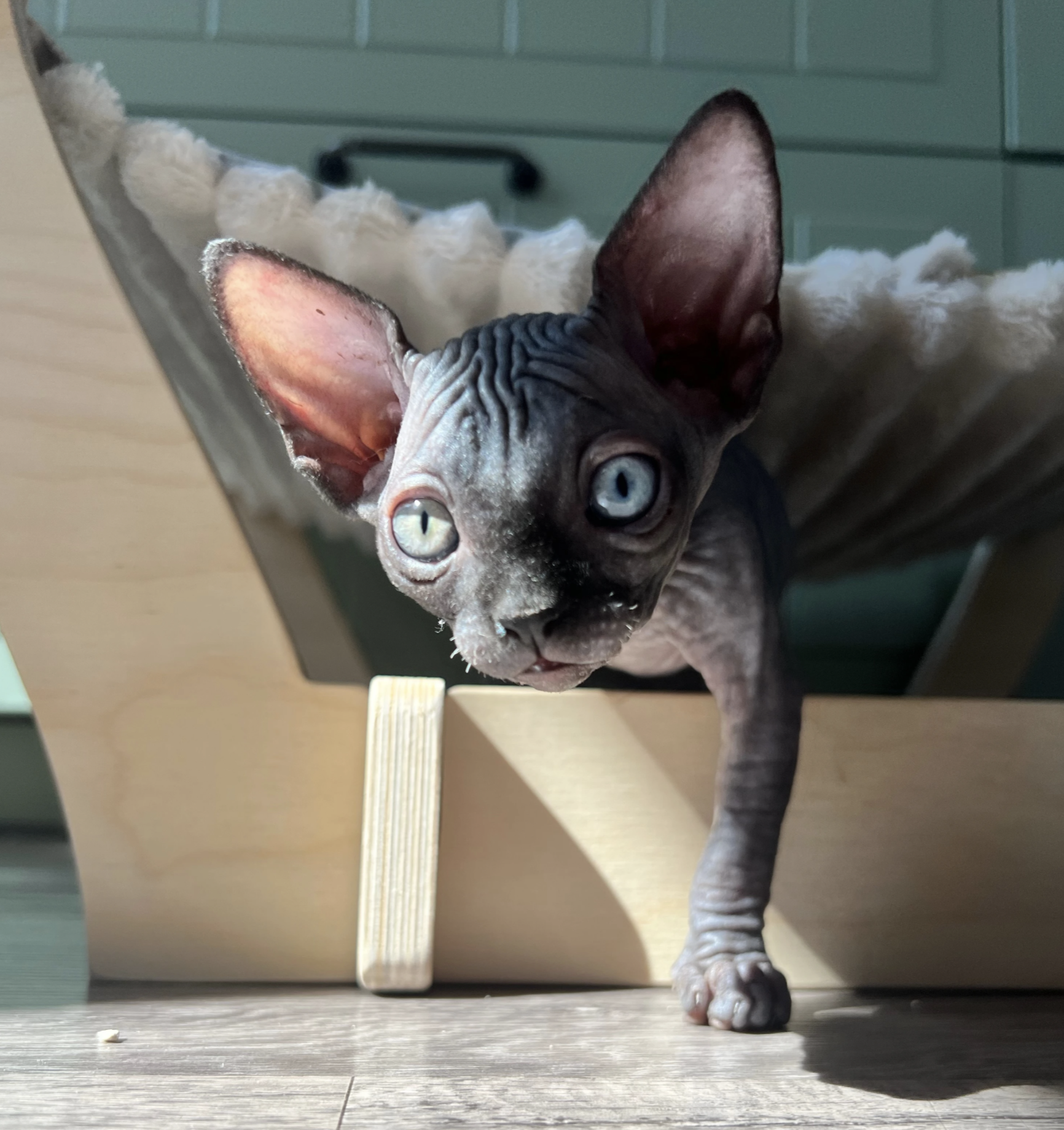
The Conscious Kitten: Growing Resilience — Part 2: Immune Maturity in Kittens
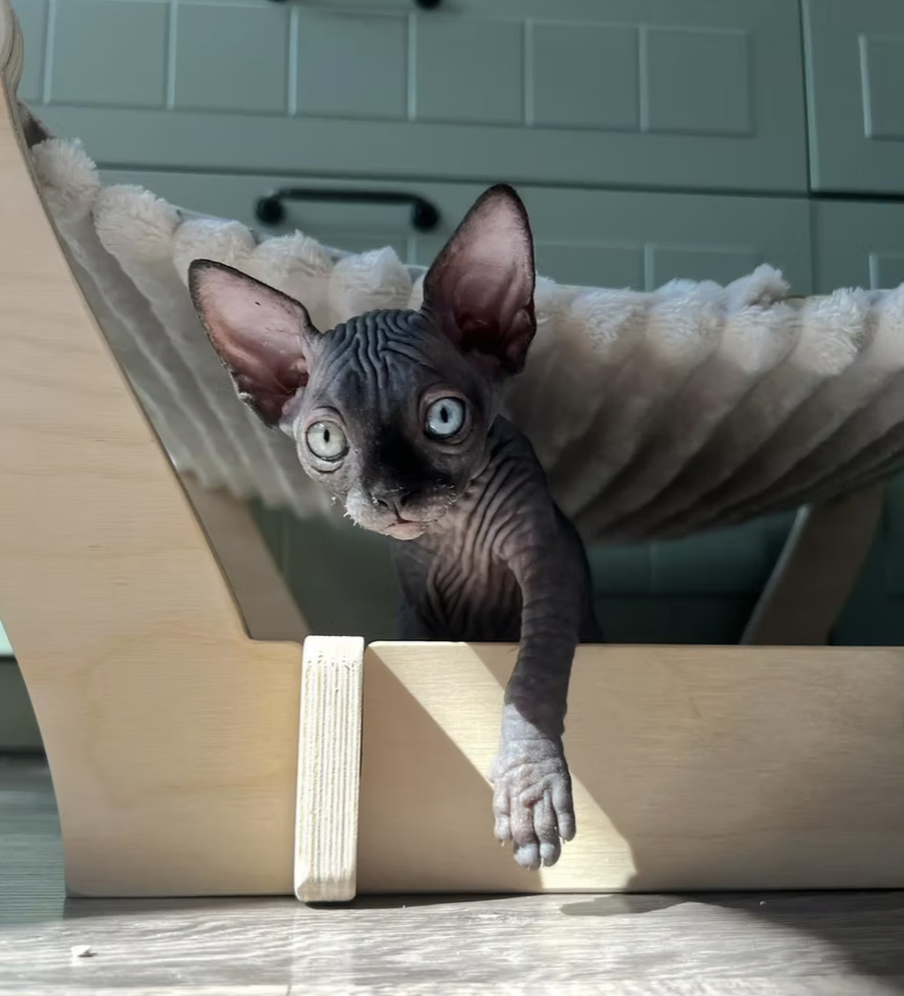
The Conscious Kitten: Neurological Maturity: Part 1 The Unfinished Architecture.
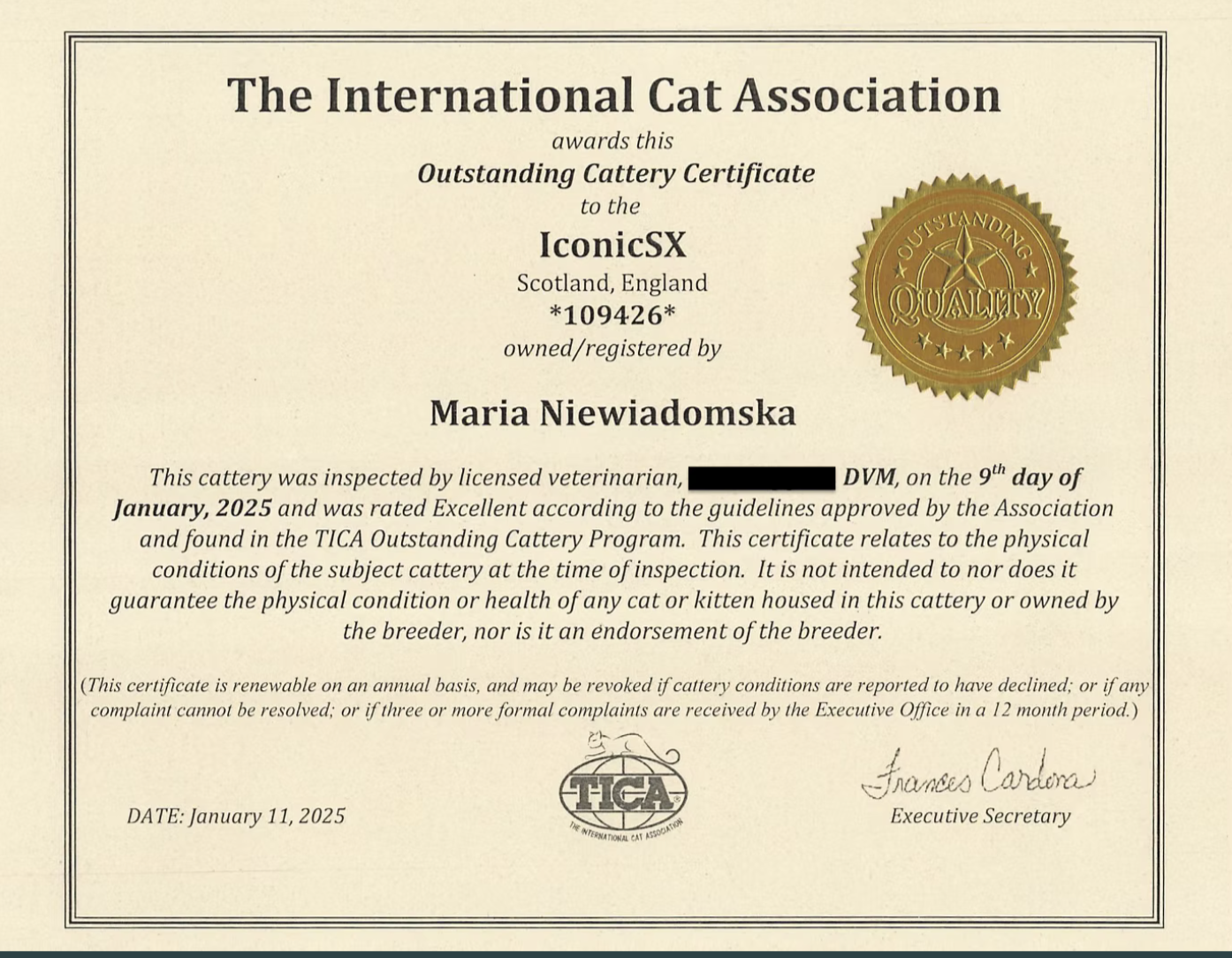
IconicSX is now TICA Outstanding Cattery Certificated! Setting the standards for Ethical Sphynx Breeding.
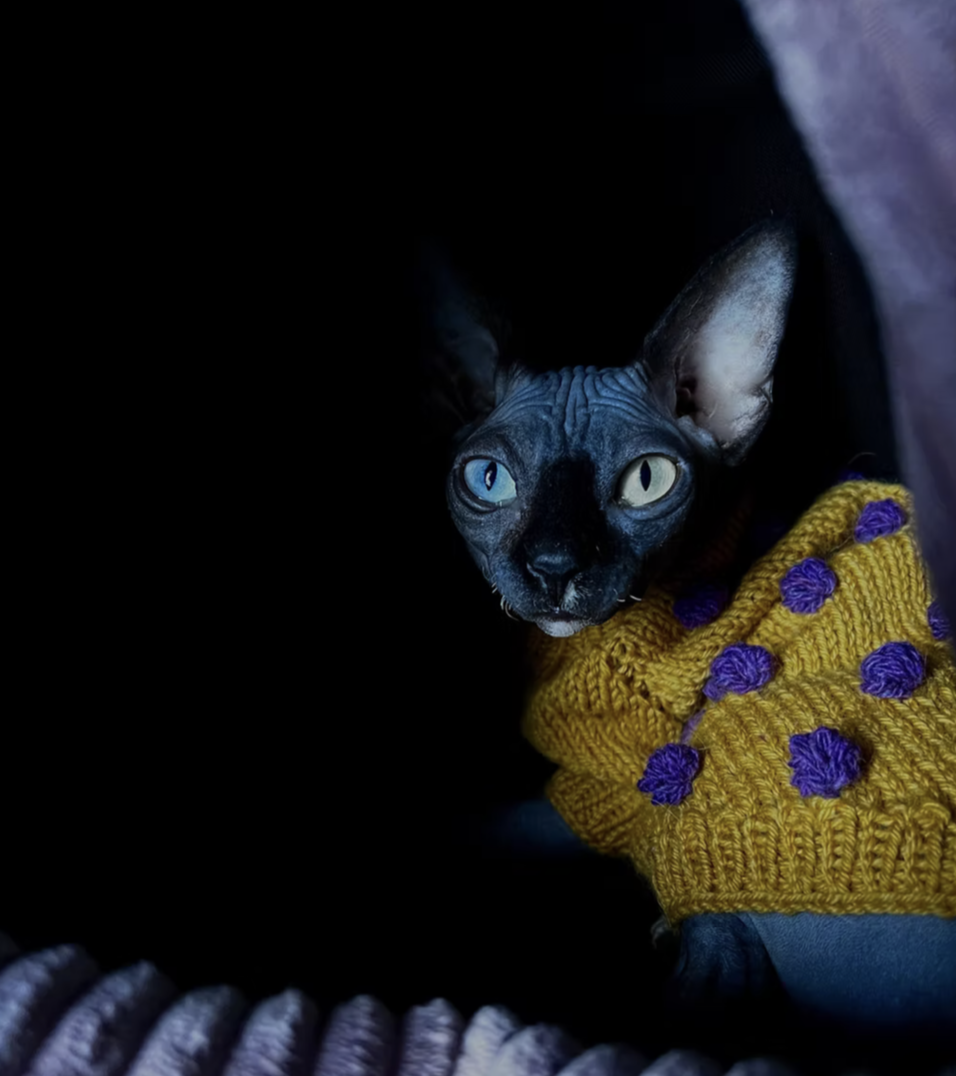
First DBE Celestial in Sphynx Breed Confirmed.
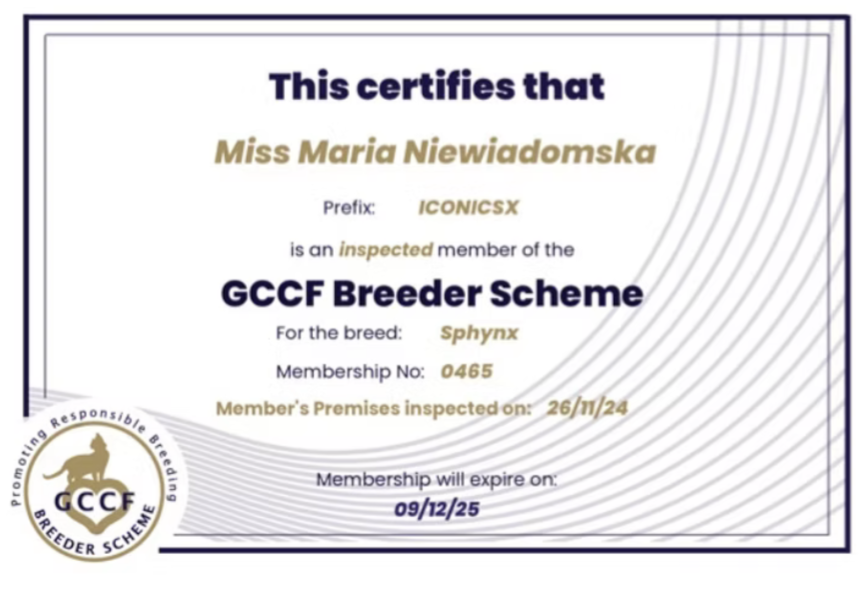
IconicSX is Officially GCCF Approved Sphynx Cat Breeder .
